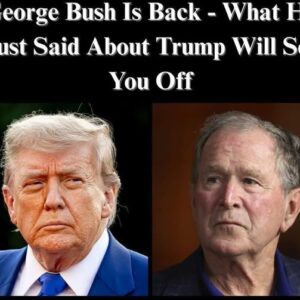President Donald Trump has designated South American drug cartels as unlawful combatants and formally declared that the United States is engaged in an “armed conflict” against them, according to an administration memo obtained Thursday by the Associated Press. The move follows recent U.S. military strikes on suspected cartel-operated boats in the Caribbean, signaling a dramatic expansion of presidential war powers.
The internal memo, drafted by senior administration officials, frames drug trafficking into the United States as not just a criminal enterprise but an act of war that justifies military response. “The President determined that the United States is in a non-international armed conflict with these designated terrorist organizations,” it states. Trump has directed the Department of Defense to conduct operations under the law of armed conflict, effectively elevating cartels to the status of enemy combatants.
“The United States has now reached a critical point where we must use force in self-defense and defense of others against the ongoing attacks by these designated terrorist organizations,” the memo continues.
This marks a striking departure from Trump’s “America First” approach, which has often emphasized limiting foreign military involvement. It also raises new constitutional and legal questions about the scope of presidential authority.
National security experts warn the implications are far-reaching. Matthew Waxman, a former Bush administration official, told the AP, “The United States is taking a very dramatic step — one that is a far stretch of international law and a dangerous one. It means the U.S. can target cartel members with lethal force, capture and detain them without trial, and escalate military involvement in ways that bypass Congress.”
The U.S. military has already acted under this framework. In September, American forces carried out three strikes on vessels in the Caribbean, reportedly destroying narcotics shipments and killing at least three cartel members. Two of the targeted boats were said to have originated in Venezuela.
The operations coincided with the largest U.S. maritime deployment in the region in years. At least eight Navy warships and more than 5,000 sailors and Marines have been stationed in Caribbean waters, underscoring the seriousness with which the administration views the cartel threat.
The memo specifically referenced a Sept. 15 strike that destroyed a vessel and its illicit cargo while killing “approximately three unlawful combatants.” Defense officials argue such actions fall under the President’s duty to protect the homeland.
“As we have said many times, the President acted in line with the law of armed conflict to protect our country from those trying to bring deadly poison to our shores,” the White House said in a statement. “He is delivering on his promise to take on the cartels and eliminate these national security threats before they can murder more Americans.”
Congress has taken notice. Pentagon officials briefed senators in a closed-door session Wednesday, describing the legal rationale for the strikes. Lawmakers voiced unease about the executive branch stretching war powers without explicit congressional authorization. House staffers received a similar classified briefing last week.
According to the AP, the memo serves both as justification for past actions and as a framework for future operations. While the administration portrays the measures as necessary national defense, critics warn they could entangle the U.S. military in open-ended conflict without clear limits.
Whether Congress will challenge the President’s expansive interpretation of war powers remains uncertain. For now, Trump’s declaration cements the fight against drug cartels as not merely a law enforcement matter but a military conflict — a shift that could reshape America’s approach to the war on drugs for years to come.





